Five Fits With: Mickey Ashmore, Founder of Sabah
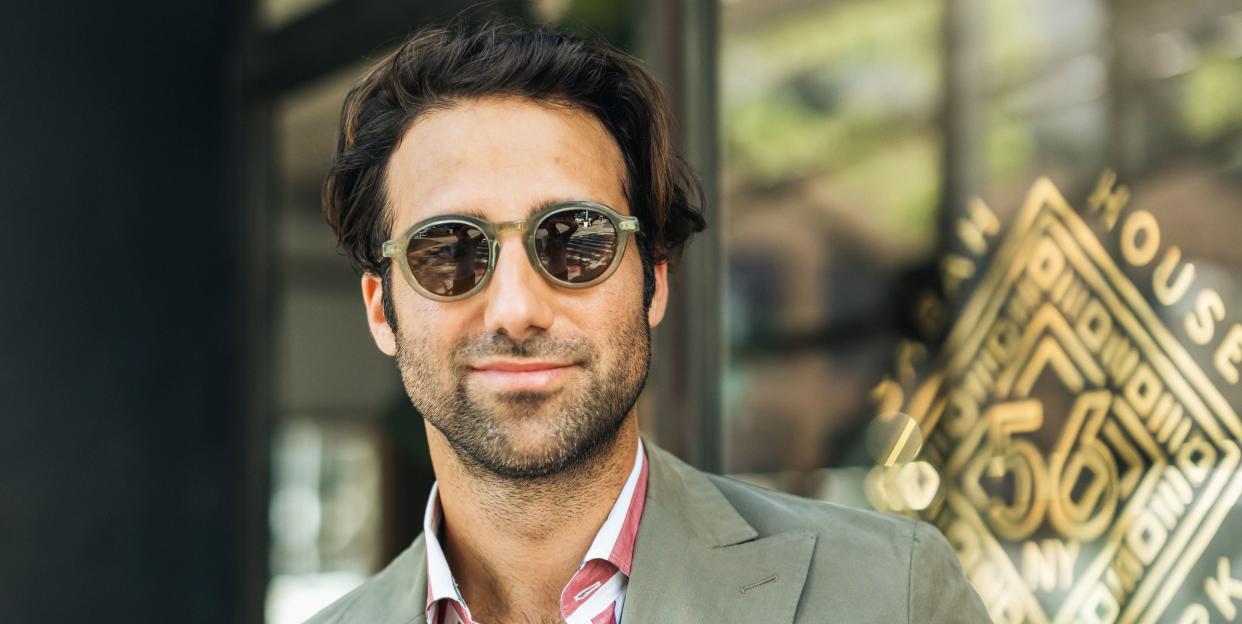
"Hearst Magazines and Yahoo may earn commission or revenue on some items through the links below."
Mickey Ashmore founded the footwear brand Sabah, which, you guessed it, produces a footwear style called Sabahs, and another mule-esque backless style called Babas. The brand’s styles take their inspiration from traditional Turkish slippers, but innovate on those shoes to fit a hole in the market Ashmore detected. They’re ungendered and potentially ubiquitous, once a cult classic that, at this point, is no longer flying under the radar. The shop in SoHo is a gem; the staff is extremely kind and knowledgeable, and there’s also a section of clothes and home goods by makers Ashmore believes in deeply. With a brand as cool as Sabah, it’s no surprise Ashmore has some great style of his own.
Below, Mickey and I discuss Sabah and its inception, how he grew the business with individual customer experience in mind, the benefits of opening a factory in El Paso while maintaining production in Turkey, his current list of favorite brands, and plenty more.
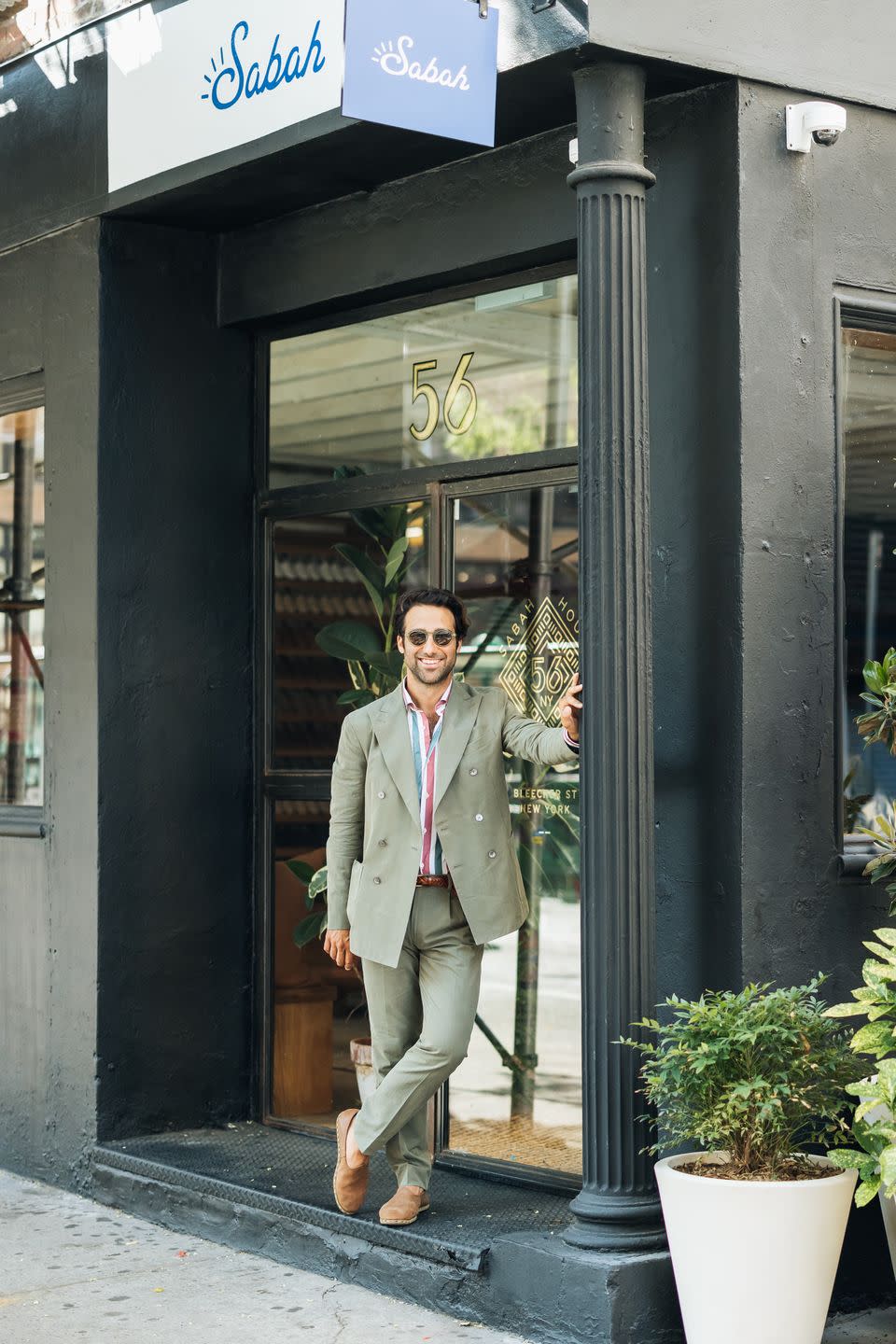
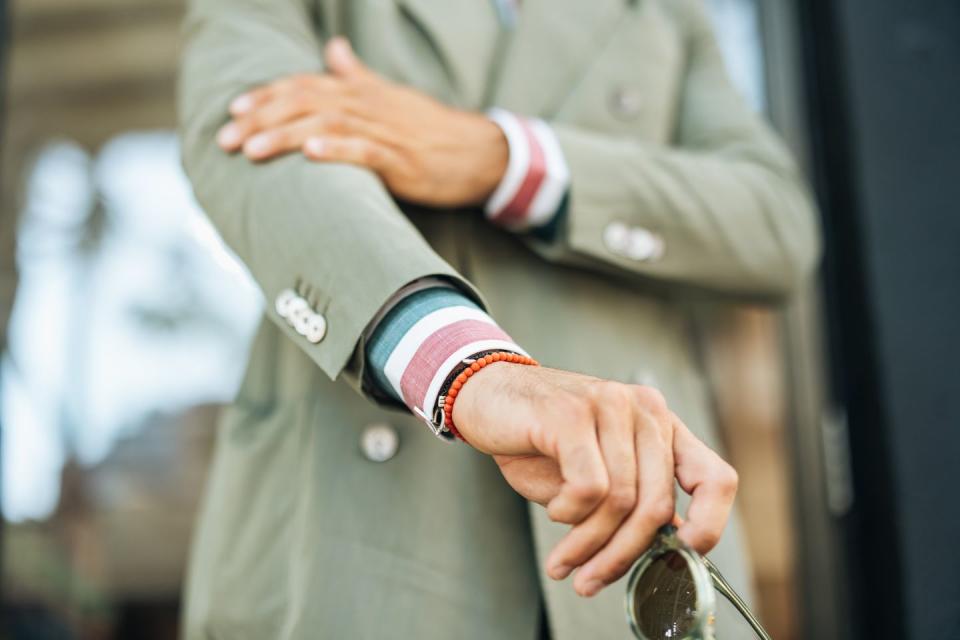
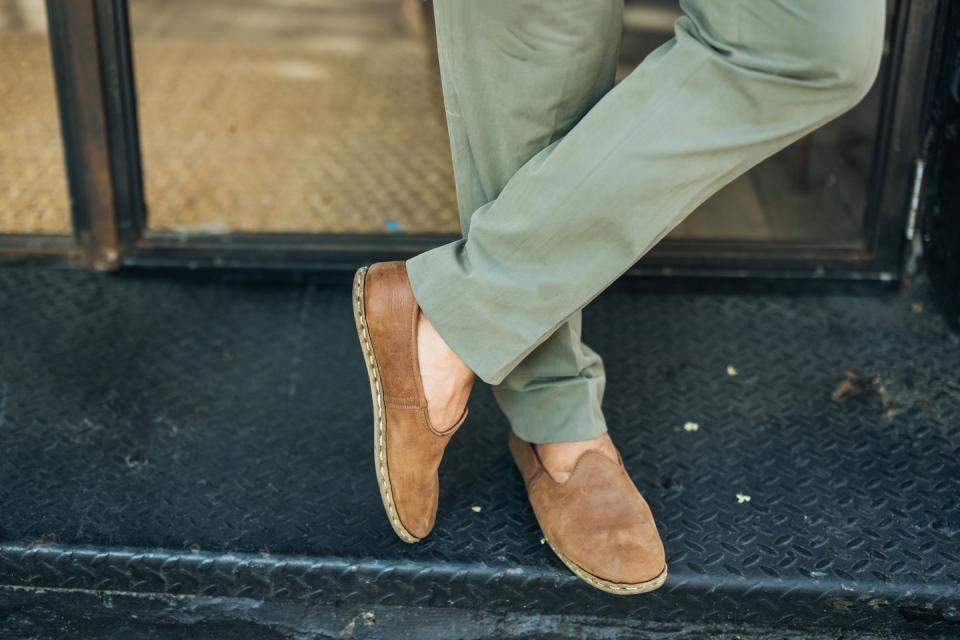
Let’s start with Sabah. Does the name mean anything, and why did you choose to start the brand? What were you doing prior to founding the company?
Sabah means the morning time in Turkish—my favorite time of the day, and one of my favorite words in Turkish. That’s a big question, but if I had to distill it down into a few ideas, I started my own business because I wanted independence, and an opportunity to express myself through my work. Prior to starting Sabah, I had spent two years living and working in Istanbul for Microsoft as an expat, doing finance & strategy work. It was an incredible experience!
How did you get Sabah off the ground and grow it to the business it is today, well-known internationally with five retail locations and a domestic factory?
One pair a time, and with a lot of energy, and consistency. With a real strong focus on getting to know our customers, and putting care and attention into every interaction. My goal wasn’t to reach every single person as quickly as possible, but to make sure that everyone who came into our orbit, we did our best to make them a customer for life. That’s been a really rich approach to business for us. And I think it’s what drives us at Sabah—those long, meaningful relationships that transcend the transaction.
Early on, I decided I wanted to create an independent venture, not raise money, and therefore be able to do it my way. And a large part of that was working with a long-term perspective, and realizing great things take time to build. And that journey can be a lot of fun if you’re not in a rush. Building Sabah has been an absolute blast.
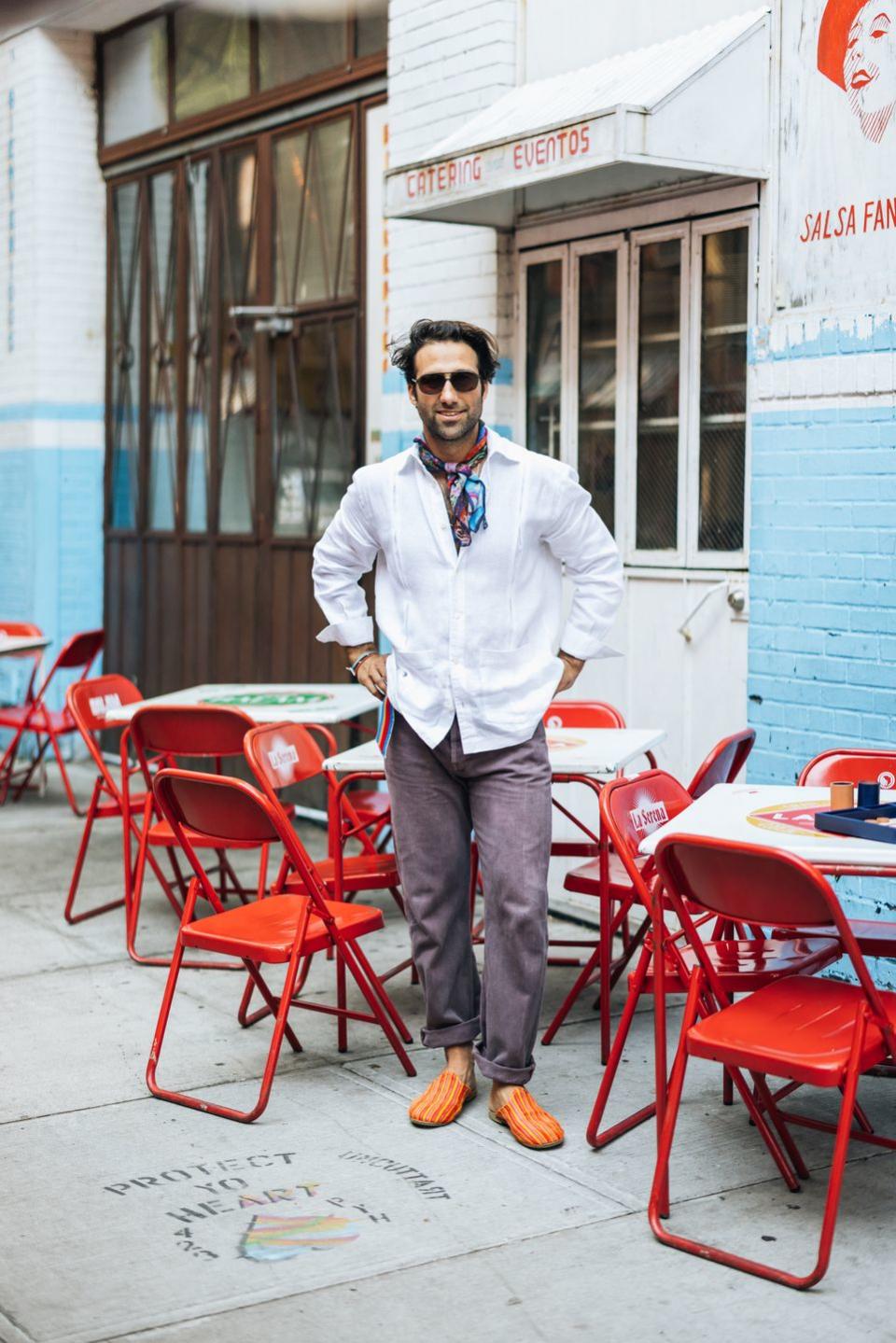
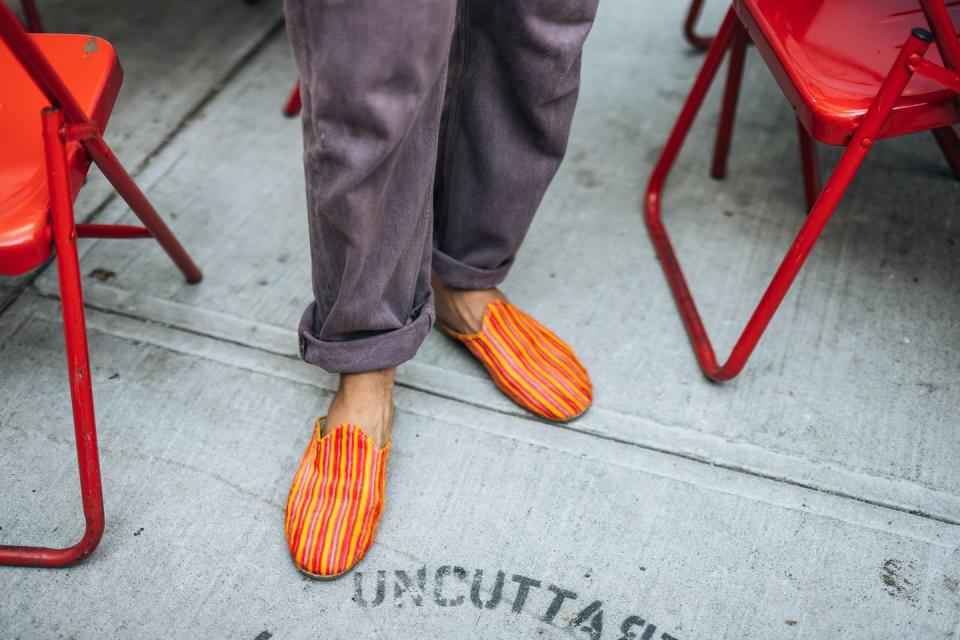
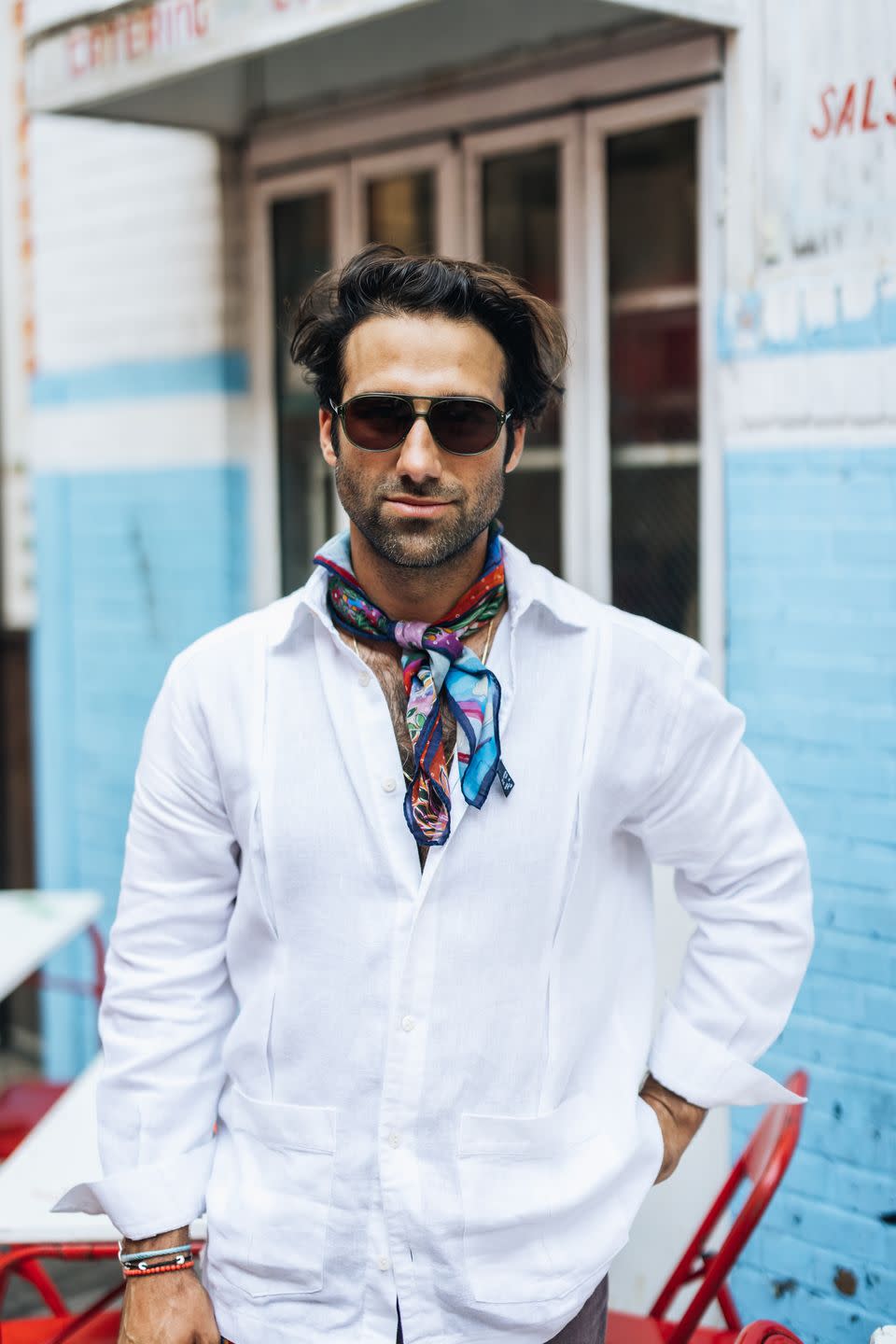
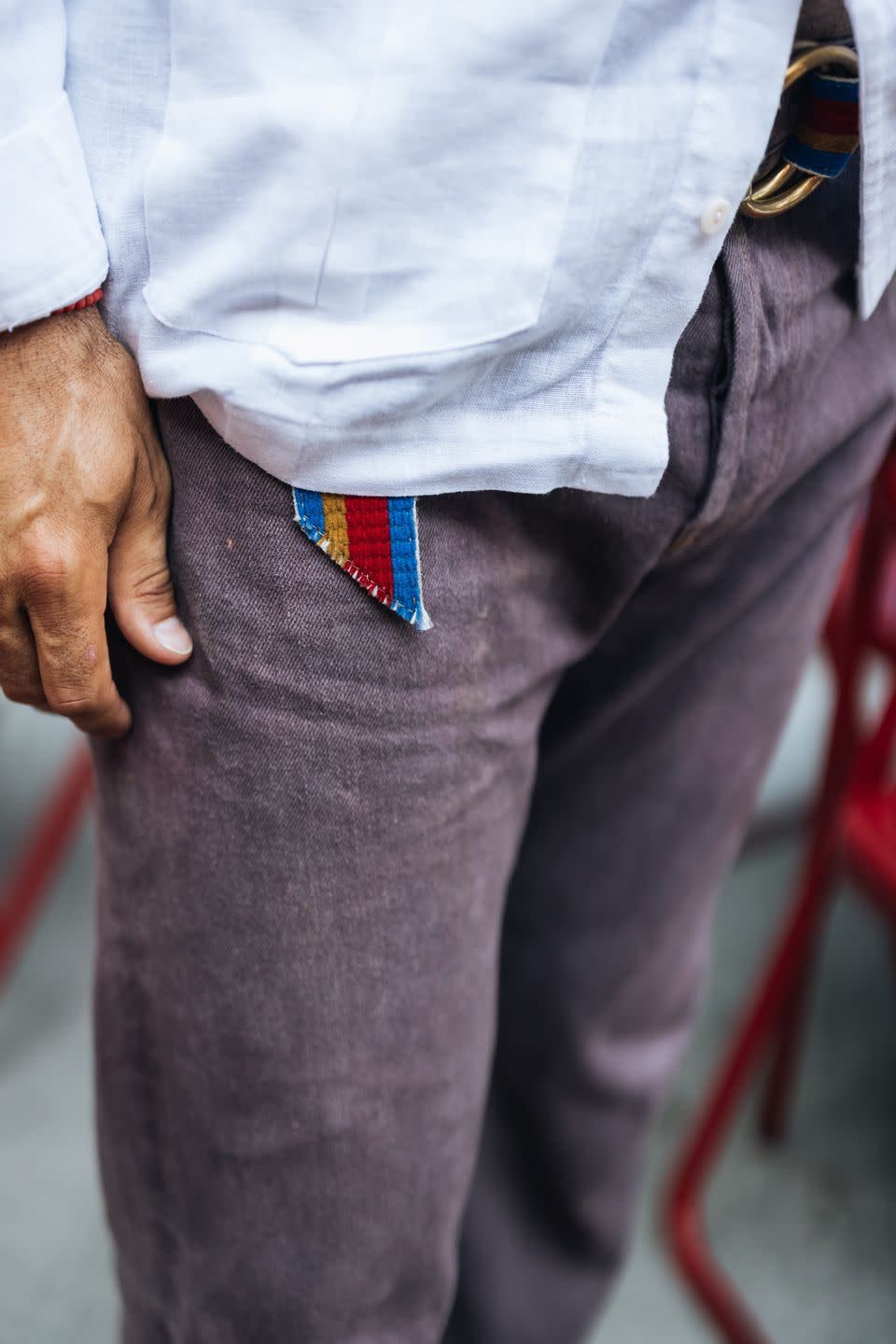
Speaking of that factory, you just opened it in El Paso, Texas, and prior your shoes were being produced in Turkey. Is your production solely in America now? What are the advantages to opening a domestic factory?
We are still producing the majority of Sabahs in Turkey, and we always will. That’s the heart of Sabah. Opening in El Paso was about expanding our capacity as we grow, and more importantly, expanding our capabilities so we could experiment with new materials and develop new products. That was hard to do in Turkey given the distance and the way that workshop had developed. Our workshop in El Paso is as much production as design studio and laboratory.
Finally, El Paso presented us with an exciting challenge to show that American manufacturing can work, and be able to replicate the success, the opportunities, and the beauty of what we’ve built in Turkey, right here in the U.S. That’s an exciting challenge, and a story still to be told.
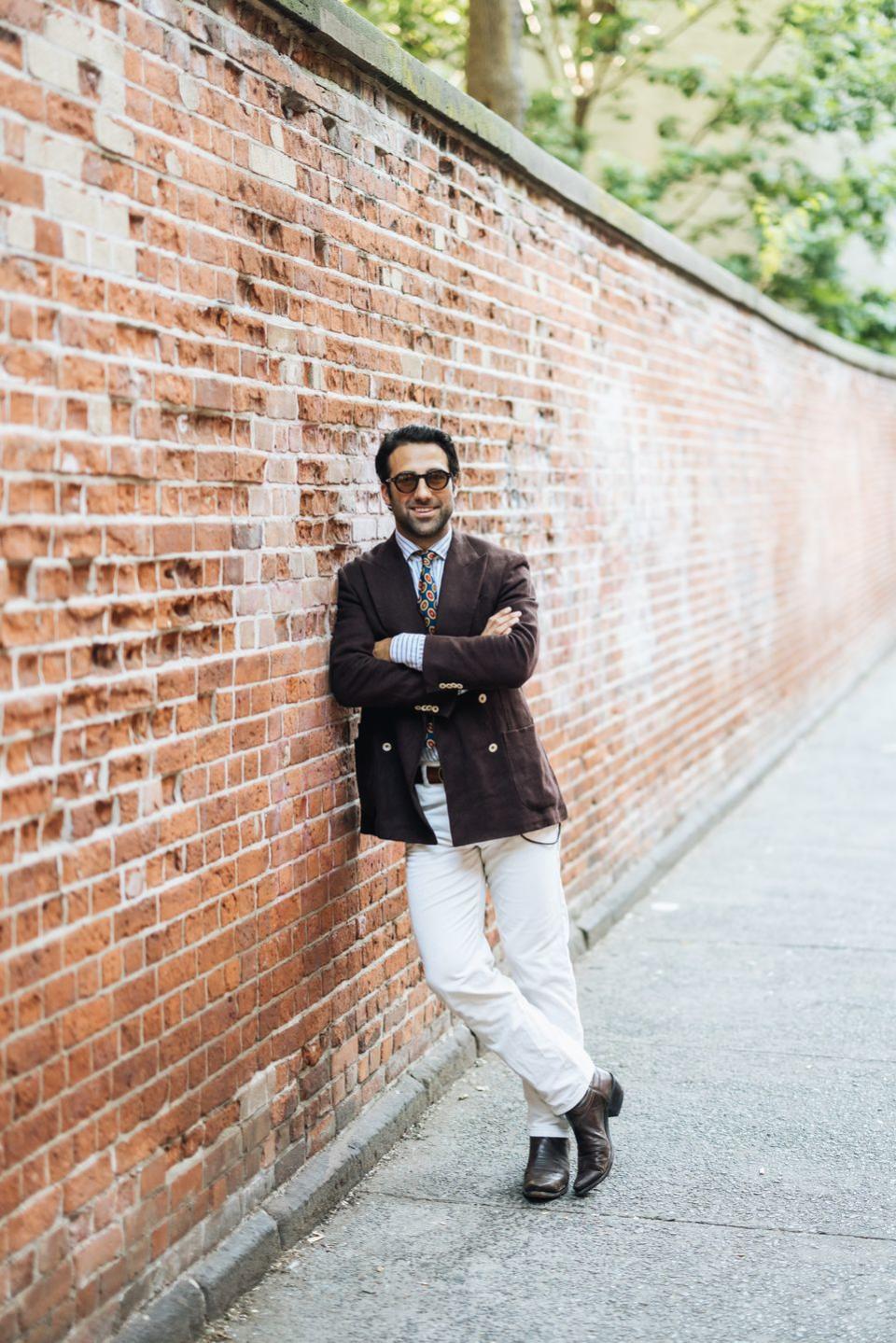
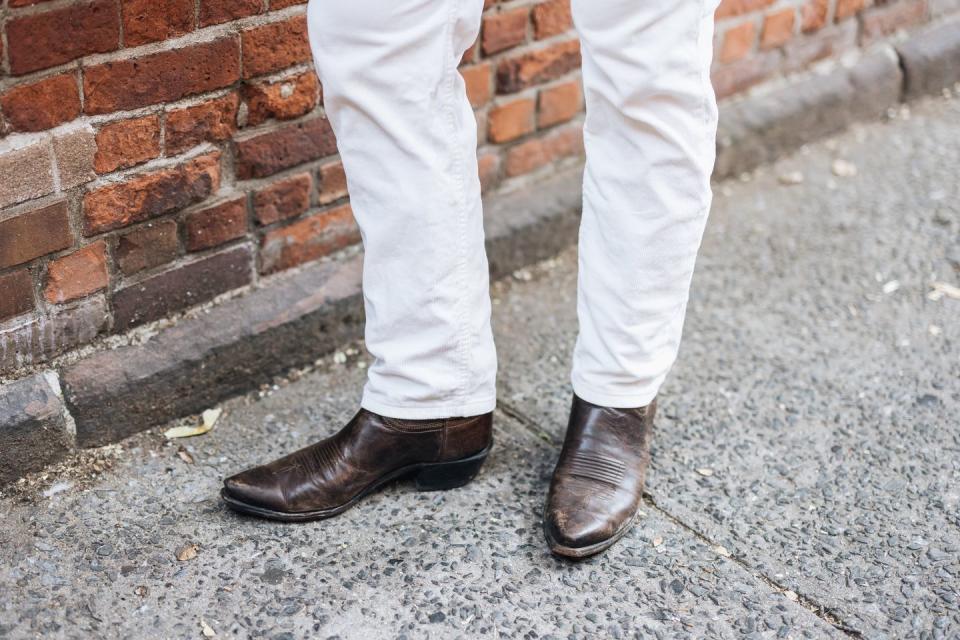
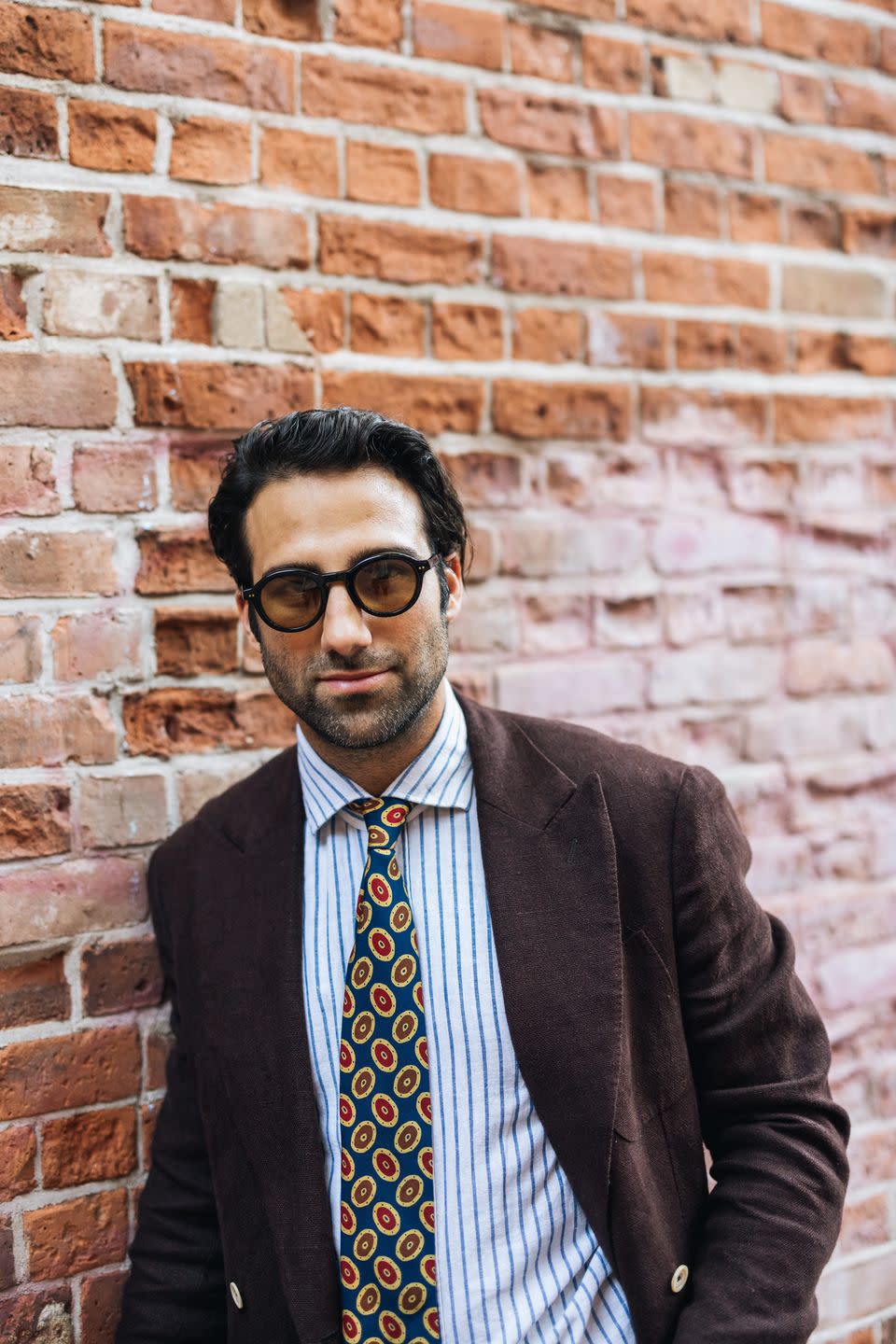
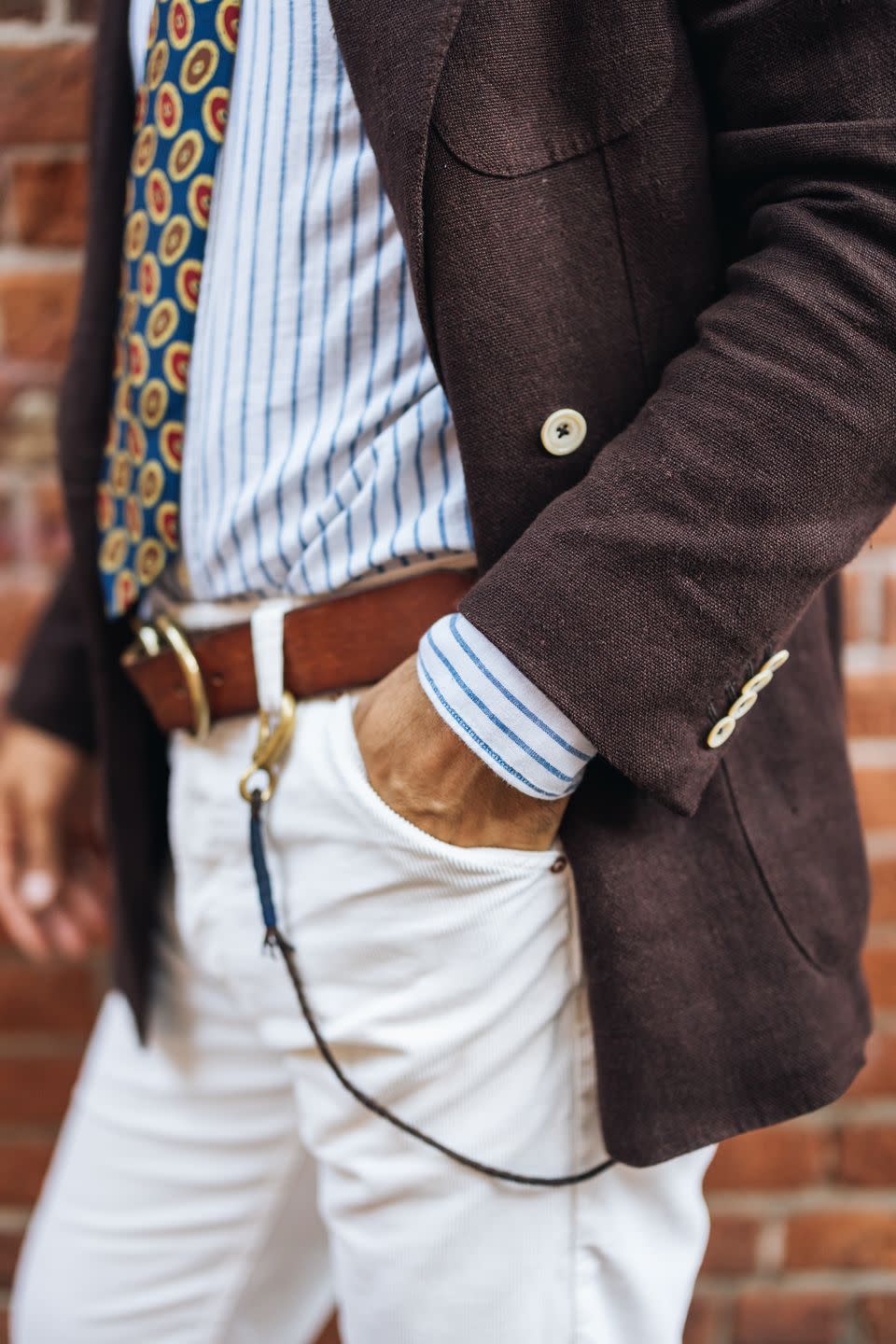
Is there a specific kind of customer that wears Sabahs, or does your brand cover a wide range of folks? How do you think Sabahs are meant to be worn?
Sabahs are for everyone, worn by all types, and used in so many different situations, and that’s how we like it. And how are they meant to be worn? Regularly and with joy.
What does personal style mean to you, and how do you display yours? What are some of your favorite brands to wear with Sabah, and why are they favorites?
The only thing that is important about style is that it’s a true independent expression of oneself; that’s what makes style interesting. Bad style is simply when you don’t have your own style. I am always a bit disappointed when someone suggests that they “can’t pull that off” but you know they want to.
For me, more and more lately, my style is born from function rather than fashion. I like a suit because it’s practical, I wear a jacket or blazer because it’s versatile and gives me pockets. And I use accessories to give myself a bit of flair.
My favorite clothing brands: Save Khaki, Boglioli, Drake’s, RTH Shop, Tintoreria Maria Romero, Savant Studios, and Imogene + Willie, to name a few.
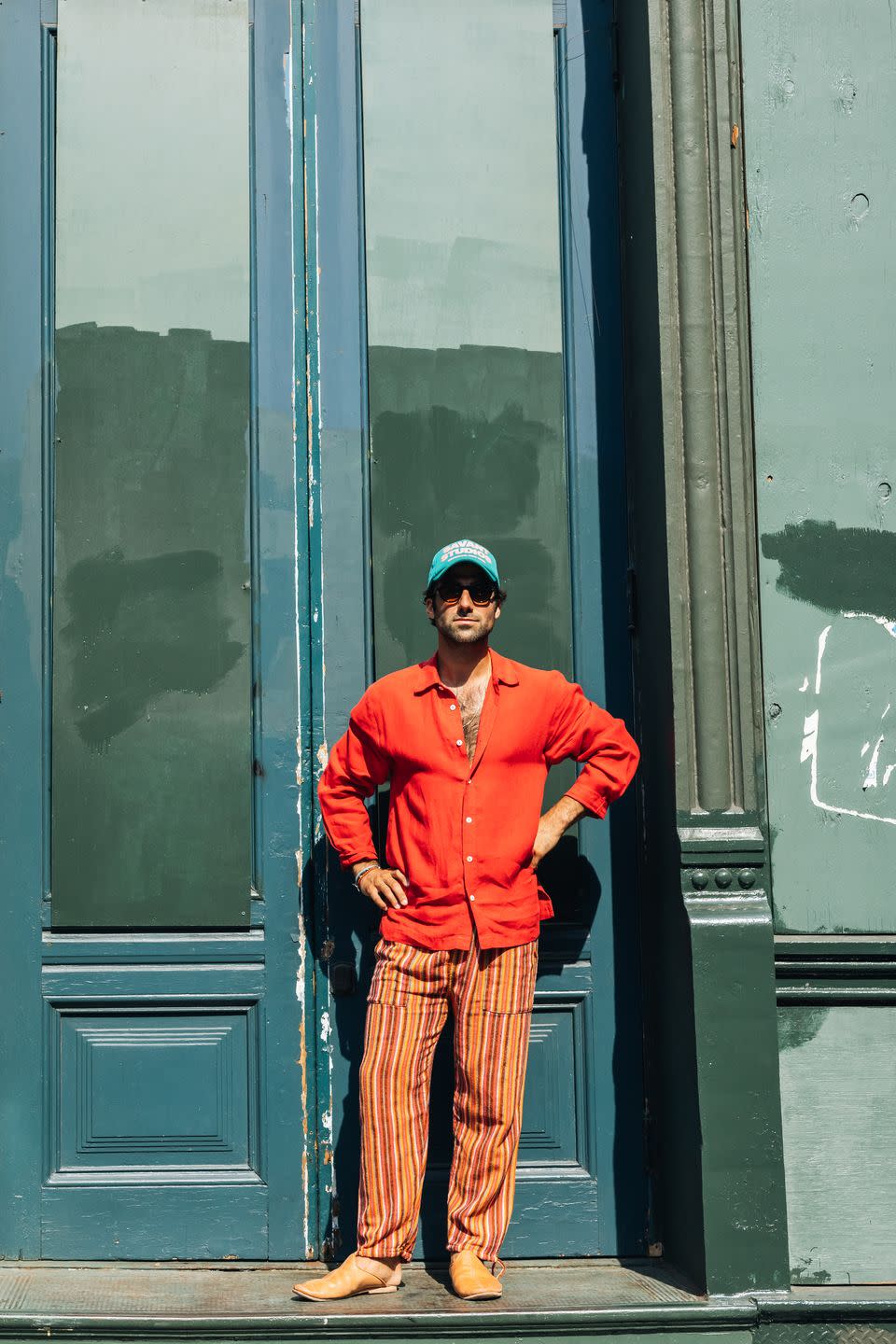
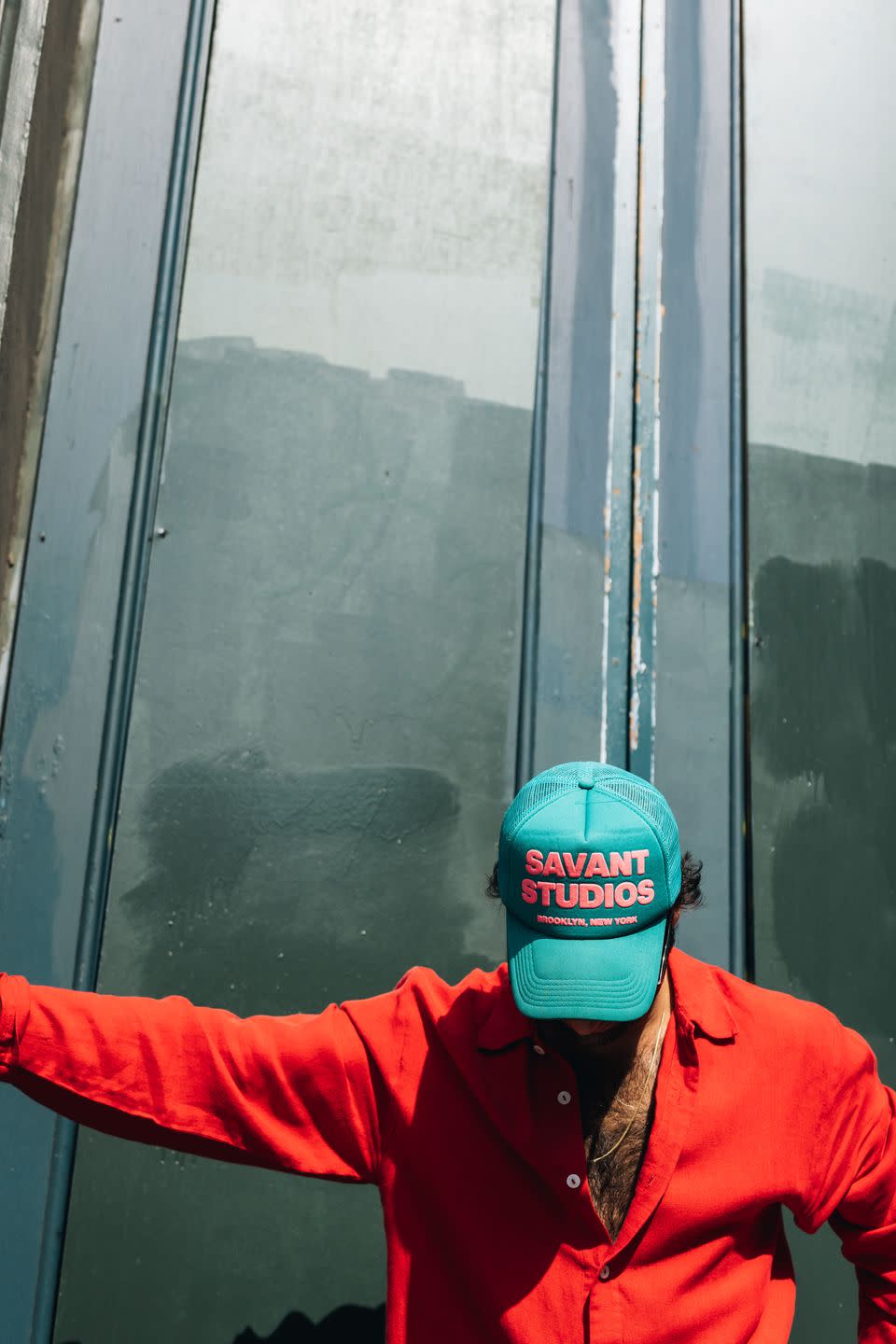
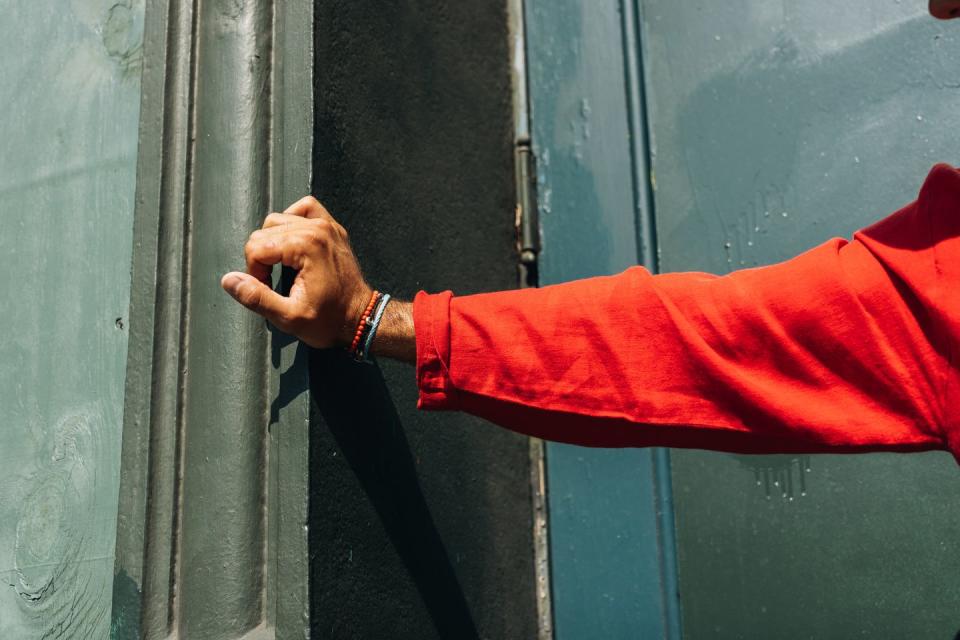
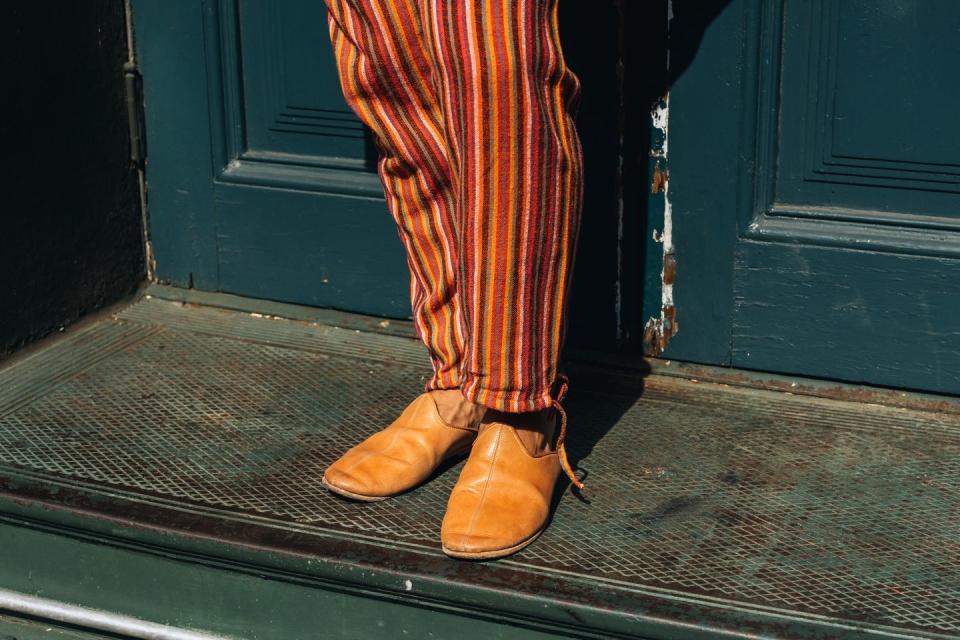
What are some core tenets of Sabah as a brand? What influenced how you approach Sabah from marketing and production standpoints?
Our most important idea is that we want to uplift everyone we encounter through our work. We do that by being generous, creating value—hopefully high value—for customers, colleagues, craftspeople and our communities, having fun and being playful, doing things by hand, caring to know people’s names and remember them, and lastly operating with an independent expression, voice, and ownership structure. Realizing that there are so many versions of success, and that scale and size isn’t the only goal.
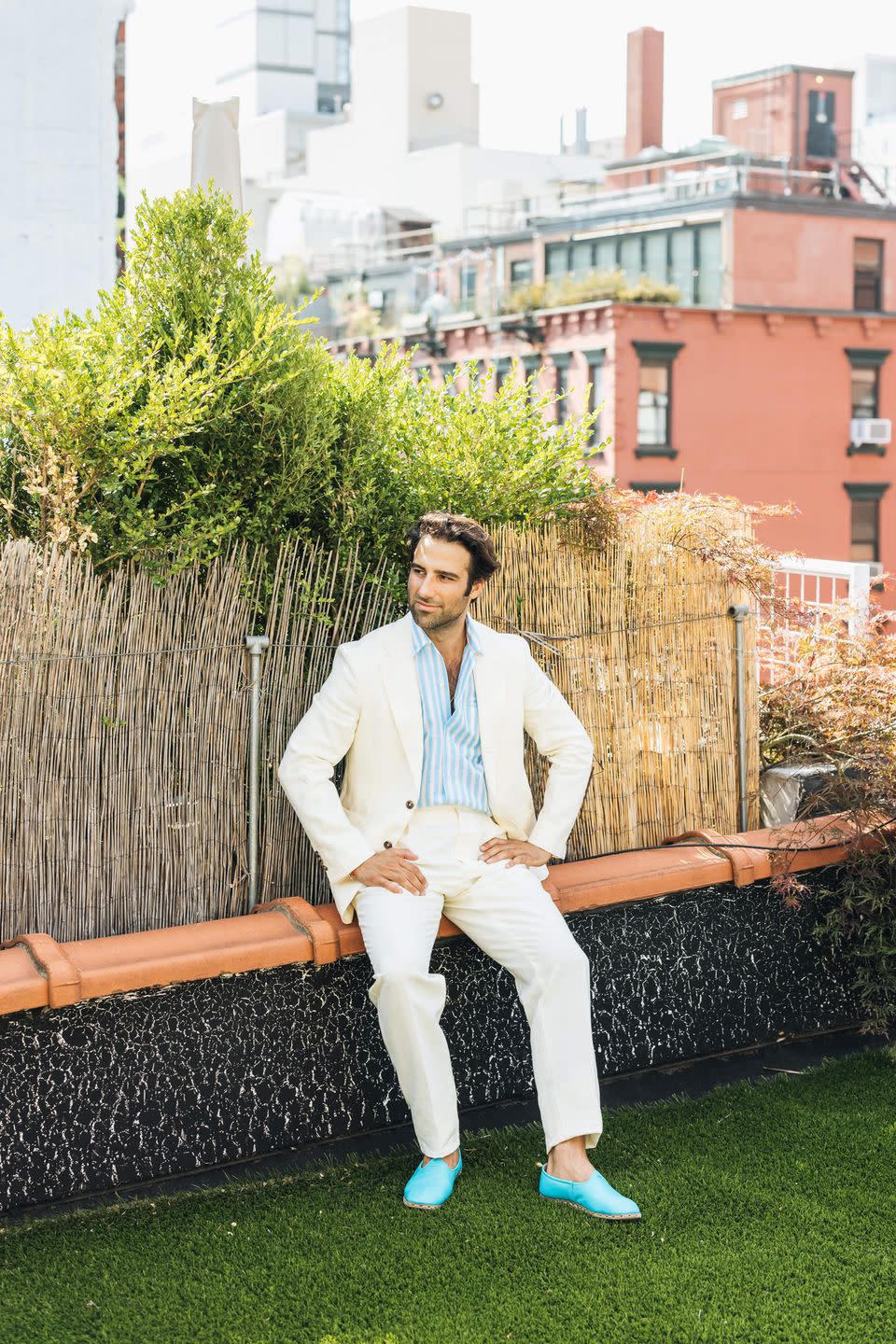
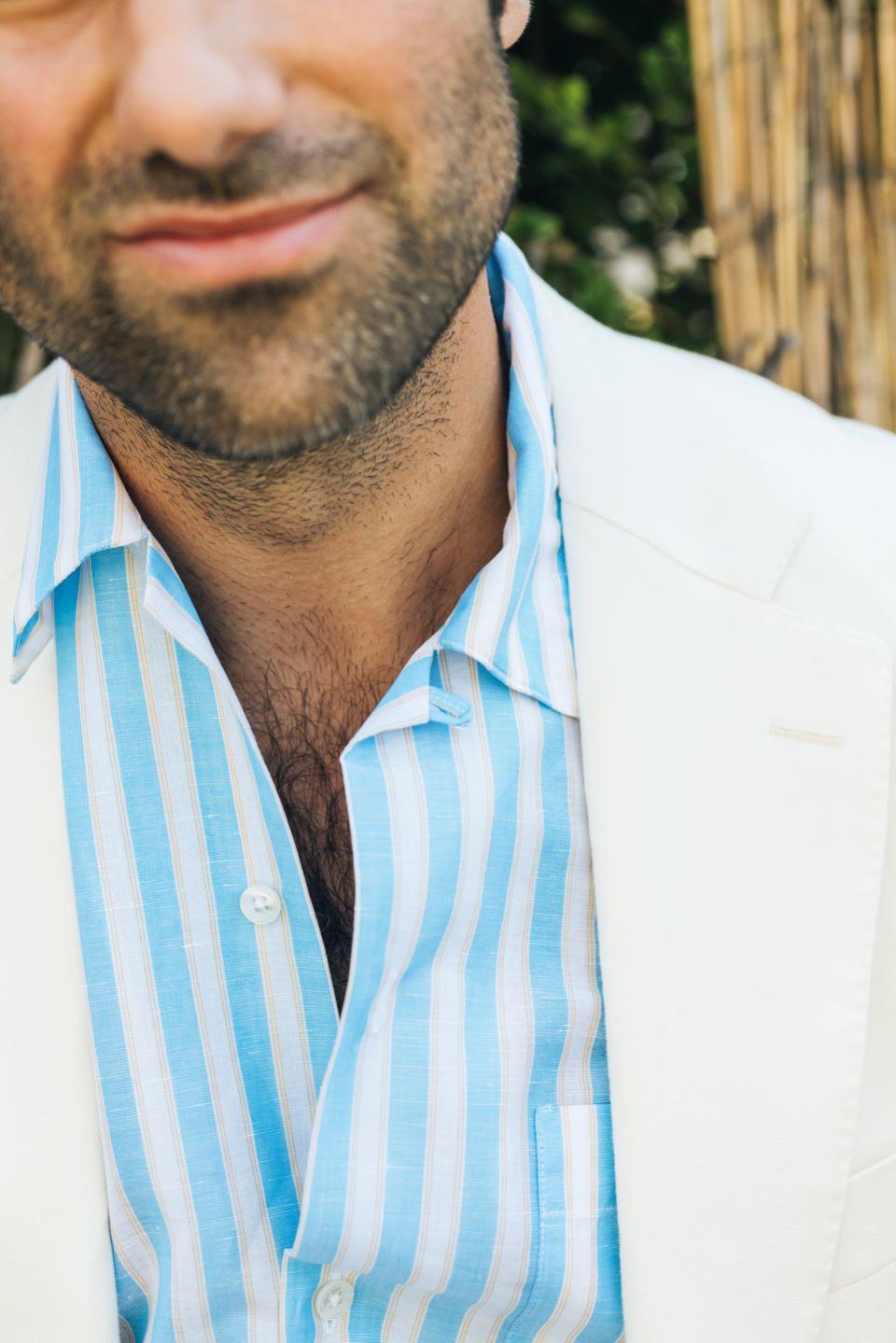
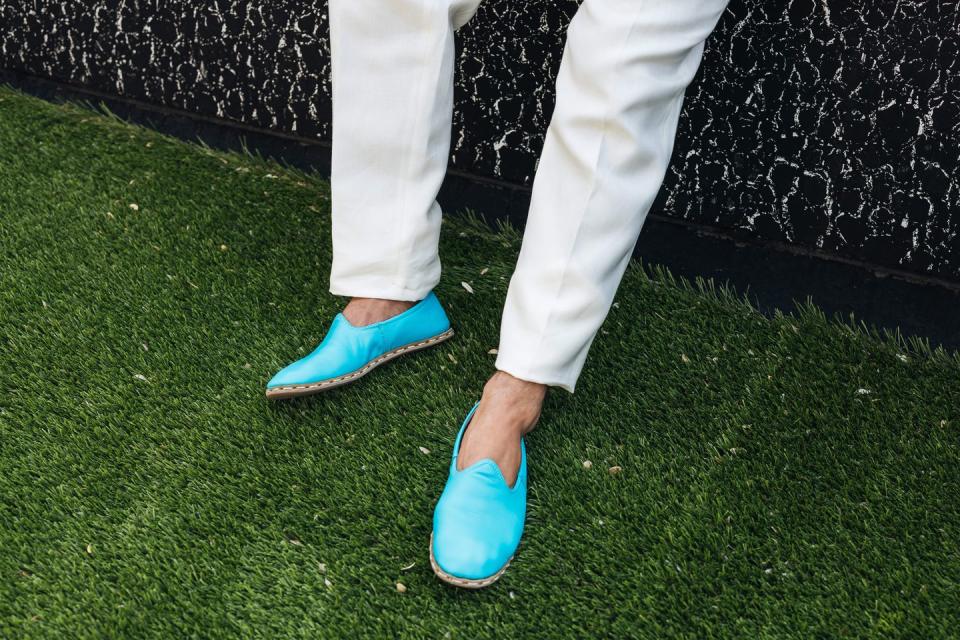
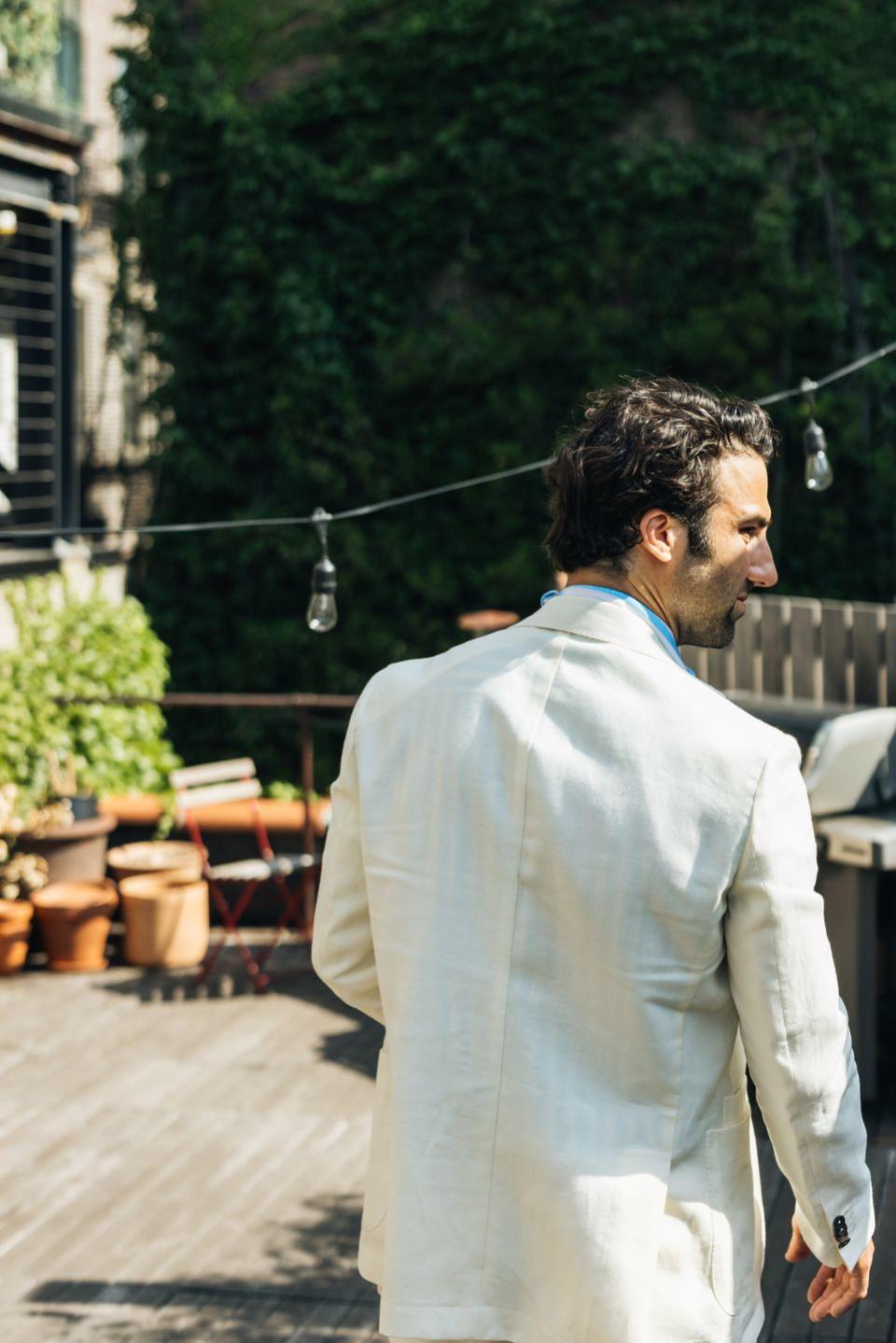
Men probably care about their style more now than at any other point in human history, and it’s all over the map. Has this shift, and even the pandemic, changed your customers’ behaviors?
Well, now that you mention it, we are seeing a lot more men buying Sabahs and Babas than before. We used to sell more to women, and now it’s just about split fifty-fifty. I think the biggest difference is more men buying our Babas, which are our backless slippers. Maybe it’s because they’re at home, working from home, enjoying home more, and I’d like to think they are few better home slippers out there than a pair of Babas, especially our shearling ones come winter. But they're also great for all those European beach vacations everyone took this summer, too. Win-win!
You Might Also Like

